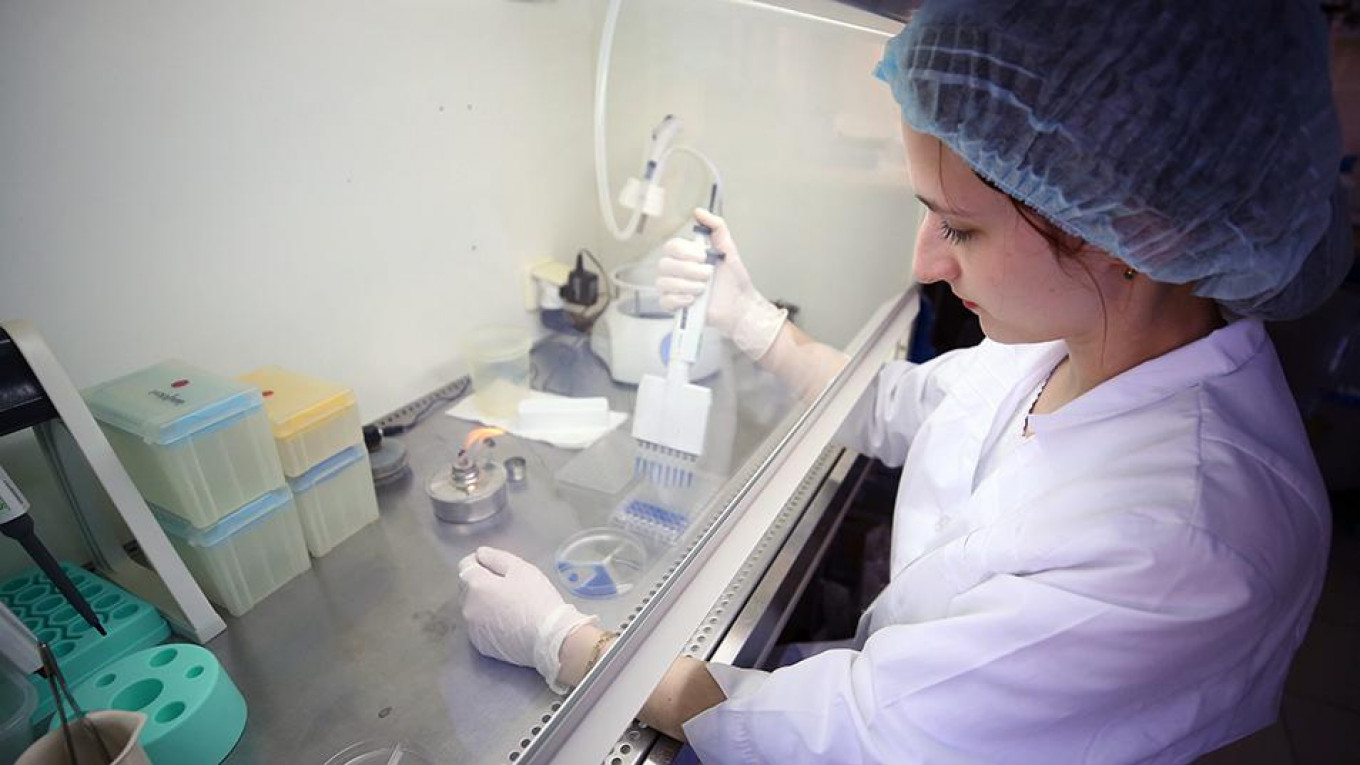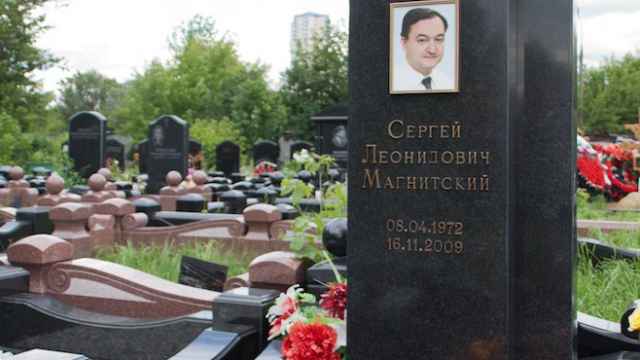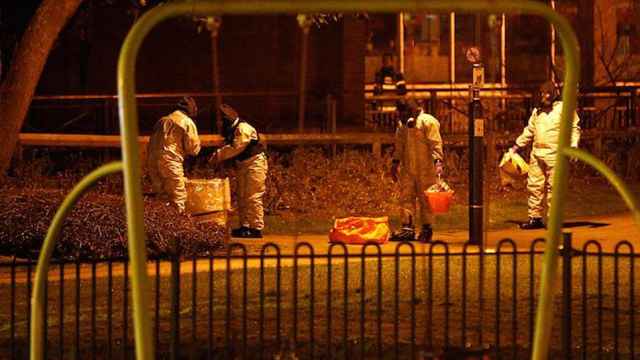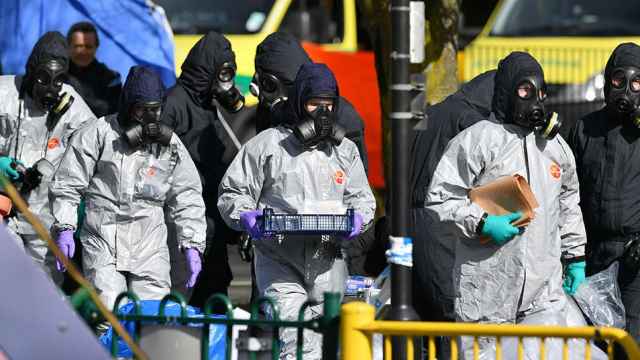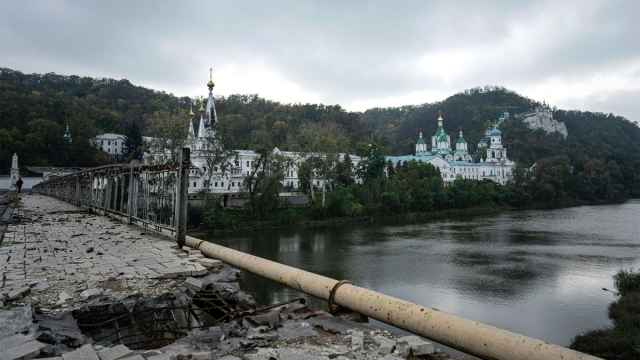A British scientist told an inquest into the sudden death in 2012 of Russian mafia whistleblower Alexander Perepilichny that no plant toxins had been found in his stomach.
Perepilichny, 44, was found dead near his luxury home on the exclusive gated St. George’s Hill estate in Weybridge, Surrey, southwest of London, after he had been out jogging in November 2012.
The sudden death of Perepilichny, who had sought refuge in Britain in 2009, and his role in helping a Swiss investigation into a Russian money-laundering scheme raised suggestions that he might have been murdered.
As the inquest resumed on Tuesday after a lengthy delay, Monique Simmonds, a scientist from the botanical Kew Gardens, was asked whether she had identified any plant toxins in the samples she had tested. She said she had not.
However she said other material was found in Perepilichny's stomach that had not been identified.
An earlier pre-inquest hearing had been told traces of a rare and deadly poison from the gelsemium plant had been found in his stomach.


